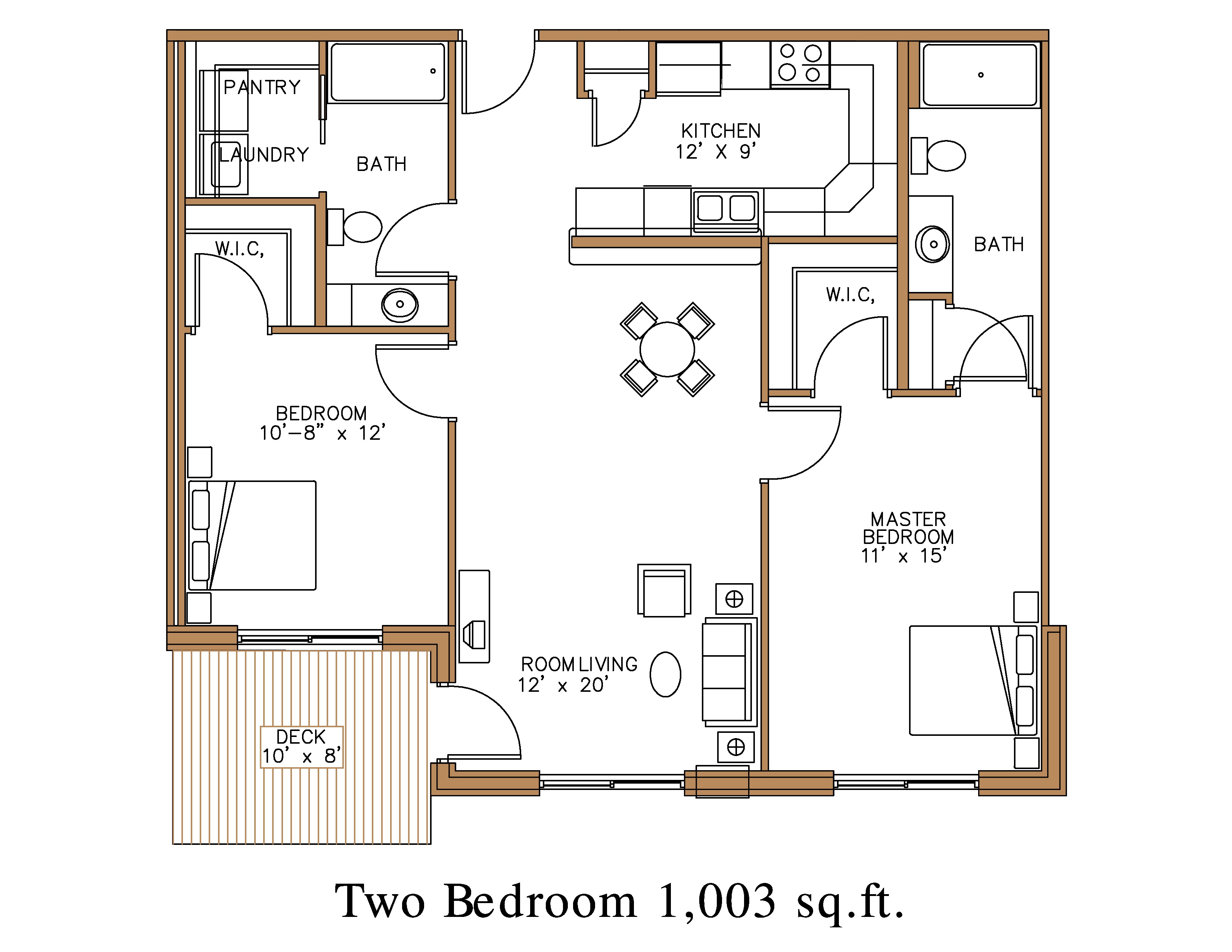Space-Saving Design Ideas

Transforming a small bedroom with an attached bathroom into a functional and stylish space requires clever design strategies. By incorporating space-saving techniques, you can maximize every inch and create a haven that feels both comfortable and spacious.
Multi-Functional Furniture, Small bedroom with bathroom layout
Multi-functional furniture is essential for small spaces. It allows you to combine multiple functions into a single piece, reducing clutter and maximizing floor space.
- Murphy Beds: These fold-away beds can be hidden during the day, creating a spacious living area. They are available in various styles to match your bedroom decor.
- Storage Ottomans: These versatile pieces provide seating while concealing storage space for blankets, pillows, or seasonal items. They can also double as a coffee table.
- Floating Shelves: Floating shelves are ideal for maximizing vertical space. They can be used to display books, decorative items, or even as a makeshift nightstand.
- Under-Bed Storage: Utilize the space beneath your bed by using under-bed storage containers or drawers. This is a great way to store bulky items or seasonal clothes.
Built-in Storage Solutions
Built-in storage solutions are a smart way to maximize space in a small bedroom with an attached bathroom.
- Built-in Closet Systems: Customized closet systems can utilize every inch of space, with shelves, drawers, and hanging rods tailored to your specific needs.
- Wall-Mounted Cabinets: Wall-mounted cabinets can be used to store toiletries, towels, and other bathroom essentials, freeing up valuable floor space.
- Storage Benches: Storage benches provide seating while offering concealed storage for linens, extra towels, or even cleaning supplies.
Mirrors for Illusion of Space
Mirrors are a powerful tool for creating the illusion of a larger space.
“Mirrors reflect light and create the perception of depth, making a small room appear larger.”
- Large Mirrors: Placing a large mirror on a wall opposite a window can reflect natural light, making the room feel brighter and more spacious.
- Mirror Tiles: Using mirror tiles in the bathroom can create a sense of openness and amplify the light, making the space feel larger.
Maximize Natural Light
Natural light is crucial for making a small bedroom feel more spacious and inviting.
- Window Treatments: Opt for sheer curtains or blinds that allow maximum natural light to enter the room. Avoid heavy drapes that block light.
- Light-Colored Walls: Light-colored walls reflect light, making the room feel brighter and larger. Choose light colors like white, cream, or pale pastels.
- Mirrors Opposite Windows: Placing mirrors opposite windows can reflect natural light, further enhancing the sense of space.
Layout and Functionality: Small Bedroom With Bathroom Layout

Creating a functional layout for a small bedroom with a combined bathroom requires careful planning to ensure optimal flow and efficient use of space. The key is to define distinct zones for sleeping, dressing, and bathroom activities, while maintaining a sense of privacy and visual separation.
Layout Options and Flow
A well-designed layout maximizes functionality and minimizes clutter. Here are some layout options:
- L-shaped layout: This configuration is ideal for maximizing space. The bathroom area can be positioned in the corner, creating a separate zone. The remaining space can be used for sleeping and dressing areas.
- Open-plan layout: This layout can make the room feel larger by creating a visual connection between the bedroom and bathroom. However, privacy may be a concern. Consider using a room divider or screen to separate the bathroom area.
- Separate zones: For maximum privacy, the bathroom area can be enclosed with a wall or a sliding door. This creates a distinct separation between the bathroom and the bedroom.
Defining Zones with Room Dividers
Room dividers or screens can be effective in creating distinct zones within a small space. They can be used to separate the bathroom area from the sleeping and dressing areas, offering privacy and visual separation. Some popular options include:
- Curtains: Lightweight curtains can create a soft, airy separation between zones. They can be easily moved to allow for more open space when needed.
- Screens: Folding screens are a versatile option that can be used to create privacy or define a specific area. They come in various materials and styles to complement any décor.
- Bookshelves: A tall bookshelf can serve as a functional room divider while also providing storage space.
Ventilation in a Combined Bedroom and Bathroom
Adequate ventilation is crucial in a combined bedroom and bathroom to prevent moisture buildup, mildew, and unpleasant odors. It’s essential to have:
- Exhaust fan: An exhaust fan removes moisture and odors from the bathroom area. It should be activated during and after showering or bathing.
- Window: A window provides natural ventilation and allows for air circulation. Consider a window with a privacy film or frosted glass for added privacy.
Maximizing Privacy in the Bathroom Area
Privacy is a key concern in a combined bedroom and bathroom. Here are some tips for maximizing privacy:
- Shower curtain: A shower curtain provides privacy while showering. Consider using a fabric with a good opacity or a shower curtain liner.
- Frosted glass: A frosted glass shower door or window allows for natural light while providing privacy.
- Separate toilet area: If space permits, consider creating a separate toilet area within the bathroom. This can be achieved using a wall or a screen.
